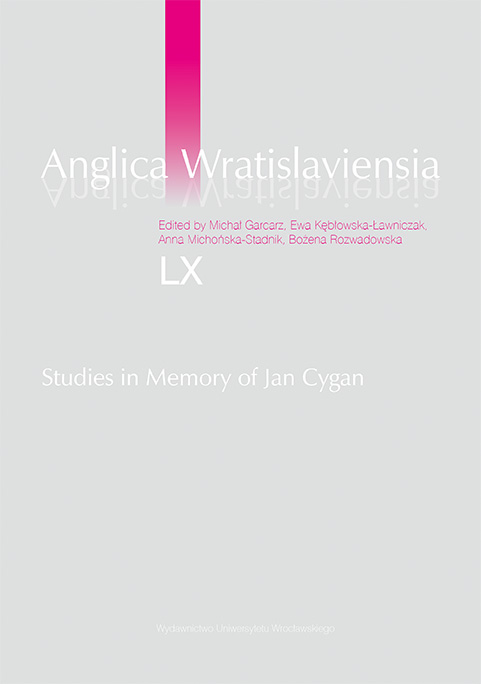

Articles

In discussing any scholarly discipline in both its theoretical and empirical dimensions, there is value in taking a diachronic view to determine the starting point, the direction and to assess achievements leading to new developments. The aim of this article is to outline the evolutionary character of psycholinguistics (and applied psycholinguistics), with emphasis on those areas of psycholinguistic research which are relevant for language practitioners: teachers, learners and users of foreign languages. The choice of topics made is by no means exhaustive, as psycholinguistics over decades has been—and still is—is a vast multidisciplinary domain of study. Only selected topics are discussed here, and the selection is based on the personal assessment of the author as to their importance and the evolutionary and dynamic impact they have had on language education and practical FL classroom instruction across time. This overview offers a brief discussion of psycholinguistic research from the fifties of the previous century to the present day. In each of the areas outlined, implications relevant for foreign language teachers, learners and users are discussed to create an overall picture of the developing contribution of (applied) psycholinguistics to foreign language education.